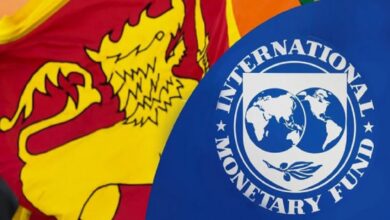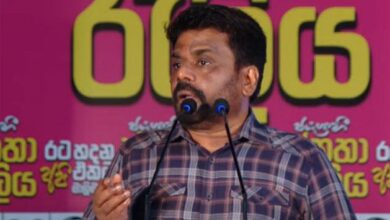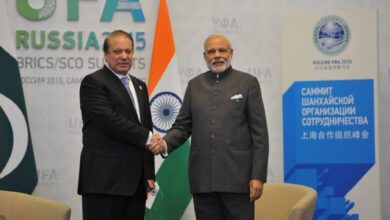Growing Support for Authoritarianism Revealed in Sri Lankan Survey
Recent findings from a comprehensive survey conducted by the Centre for Policy Alternatives (CPA) have brought to light concerning shifts in public sentiment towards governance in Sri Lanka.
The survey, titled ‘Survey on Democracy and Reconciliation in Sri Lanka,’ conducted in January across 25 districts, has unveiled a notable increase in the preference for authoritarian rule among Sri Lankans. Out of the 1,350 participants, approximately 1 in 10 individuals expressed a preference for authoritarian governance, indicating a significant surge since 2018.
While the majority still supports democratic principles, the survey highlighted a worrying sentiment that suggests under certain circumstances, a dictatorial government may be considered preferable to a democratic one.
The CPA, headquartered in Colombo and renowned for its insightful policy analysis, has linked this uptick in authoritarian leanings to the political turbulence experienced during the Sirisena-Wickremesinghe government in 2018. This period of uncertainty seems to have fueled a growing openness towards authoritarianism among segments of the population, reflecting a broader disillusionment with democratic governance.
Moreover, the survey has exposed a marked decline in public trust towards parliamentary institutions and traditional political parties, underscoring a broader erosion of confidence in the democratic process.
These findings signal a pressing need for policymakers and civil society actors to address underlying grievances and strengthen democratic institutions, lest the allure of authoritarianism gains further traction among the Sri Lankan populace.





